Introduction
Кошки ‒ отличные домашние животные, и мы обожаем их за их независимость и нежность. Однако, у нас могут возникать проблемы, особенно когда дело касается наших соседей и нашей любимой кошки.
Ваш сосед начинает кормить вашу кошку? Возможно, это приводит к некоторым действиям со стороны вашего питомца, которые вы не одобряете. В таких ситуациях важно найти решение, которое будет выгодно и для вас, и для отношений с вашим соседом.
В этом разделе мы рассмотрим проблему кормления вашей кошки соседом и предложим вам некоторые рекомендации, как справиться с этой ситуацией. Вы узнаете, как подойти к разговору с соседом, как договориться и эффективно решить возникший конфликт.
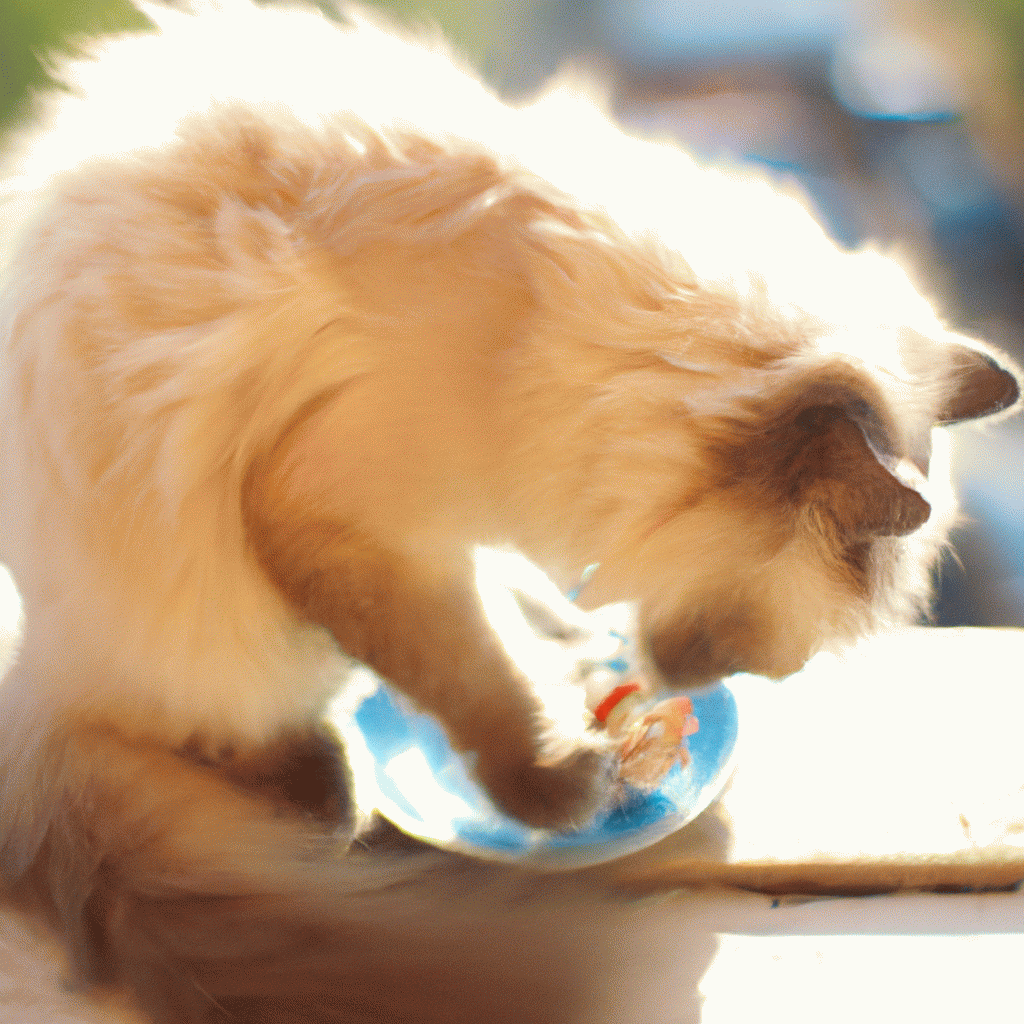
Understanding the situation
Первым шагом к решению данной проблемы является понимание ситуации и причин, по которым сосед продолжает кормить вашу кошку. Часто такое поведение основано на непонимании или даже доброй воле.
Важно начать общение с соседом с уважением и терпением. Спросите его почему он кормит вашу кошку и что он надеется достичь, делая это. Возможно, он просто думает, что ваша кошка голодна или нуждается в дополнительной заботе.
Выясните, есть ли у соседа опасения или проблемы, связанные с вашим питомцем. Может быть, он беспокоится о его здоровье или хочет помочь вам, если вам временно не хватает времени на кормление кошки.
Используйте общение, чтобы поделиться своими опасениями и объяснить, что конкретное кормление вашей кошки может вызвать проблемы, такие как потеря веса, несбалансированное питание или аллергические реакции.
The actions of the neighbor
It is important to assess the actions of your neighbor in regard to feeding your cat. Understanding their intentions and motivations will help you approach the situation more effectively.
Take note of how frequently and in what manner your neighbor is feeding your cat. Are they offering a small treat occasionally, or are they providing full meals on a regular basis? Consider the impact of these actions on your cat’s health and well-being.
Observe if there are any changes in your cat’s behavior or eating habits as a result of the neighbor’s feeding. Document any concerns or issues that arise, such as weight loss, gastrointestinal problems, or an increase in begging behavior.
By understanding the specific actions of your neighbor, you can address the situation more effectively when discussing it with them. Remember to approach the conversation with respect and a willingness to find a mutually beneficial solution.
The impact on your cat
Continued feeding by your neighbor can have various impacts on your cat’s health and behavior. It is essential to consider these effects when addressing the situation.
Firstly, an improper diet resulting from extra feedings can lead to nutritional imbalances and weight issues for your cat. Discuss with your neighbor the importance of maintaining a consistent and balanced diet for your cat’s overall well-being.
Additionally, excessive feeding from multiple sources can cause your cat to become overfed, leading to digestive problems and potential obesity. Inform your neighbor about the potential health risks and the importance of adhering to a feeding routine.
Moreover, the neighbor’s actions may disrupt your cat’s regular eating habits and routine, which can result in behavioral changes or confusion. Cats thrive on routine, so it is crucial to establish a consistent feeding schedule to promote their overall mental and physical health.
When addressing the situation with your neighbor, highlight the impact their continued feeding may have on your cat’s health and emphasize the importance of working together to create a suitable feeding plan that aligns with your cat’s needs.
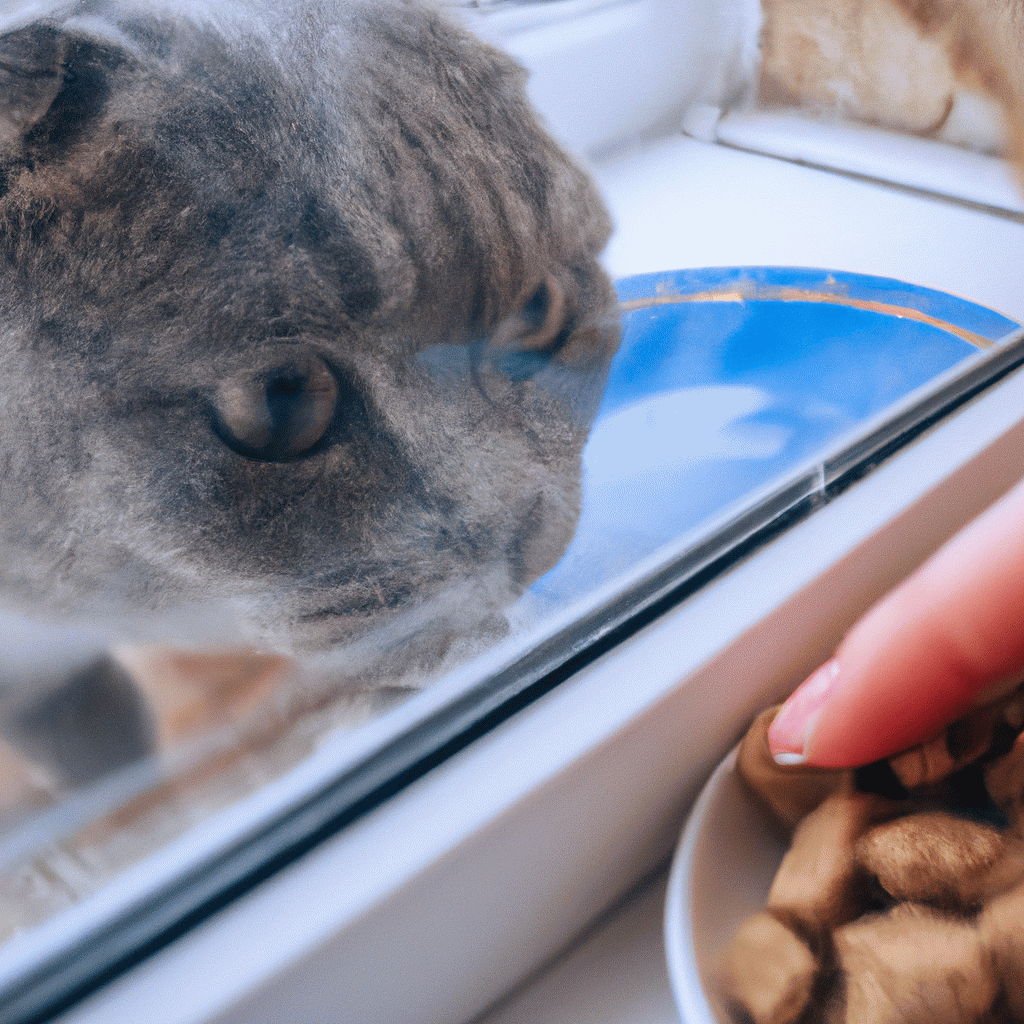
Resolving the issue
Resolving the issue of your neighbor feeding your cat requires open communication, understanding, and finding a mutually agreeable solution. Here are some steps to help you address and resolve the situation⁚
- Initiate a conversation⁚ Invite your neighbor for a friendly and respectful discussion. Express your concerns and the reasons why you prefer them not to feed your cat without coming across as confrontational.
- Explain the impact⁚ Clearly communicate the potential health risks and behavioral changes that can arise from irregular or excessive feeding. Emphasize the importance of maintaining a consistent feeding routine for your cat’s well-being.
- Suggest alternatives⁚ Offer alternative ways for your neighbor to interact with your cat, such as playing, petting, or providing toys. This way, they can still engage with your cat without causing dietary issues.
- Create boundaries⁚ If necessary, set clear boundaries regarding your cat’s feeding, whether it’s by sharing specific feeding times or instructing your neighbor to refrain from giving any food at all.
- Seek mediation if needed⁚ If you are unable to reach a resolution through direct communication, consider involving a neutral third party, such as a mutual friend or a community mediator, to facilitate the conversation and help find a compromise.
- Maintain respectful communication⁚ Throughout the process, maintain open lines of communication with your neighbor. Show understanding and patience as you work towards finding a solution that respects both your wishes and your neighbor’s concerns.
Remember, the key to resolving this issue is finding a middle ground that considers your cat’s well-being while fostering positive relationships with your neighbors.
Open communication
When dealing with the situation of your neighbor continuing to feed your cat, it is important to start the resolution process with open and honest communication.
Schedule a time to sit down with your neighbor and have a calm and respectful conversation. Choose a neutral location where both parties can feel comfortable and have privacy to discuss the matter without any distractions.
Begin the conversation by expressing your appreciation for their concern and care for your cat. Emphasize that you value their intentions, but also explain the reasons why you prefer that they do not continue feeding your cat.
Use ″I″ statements to express your own feelings and concerns, such as ″I have noticed some changes in my cat’s behavior and health since you started feeding her.″ This will help avoid accusations and foster a more cooperative atmosphere.
Listen to your neighbor’s perspective as well. Give them an opportunity to explain why they have been feeding your cat and what they hope to achieve by doing so. This will help you understand their intentions and find common ground.
During the conversation, focus on finding a mutually agreeable solution that respects both your concerns and your neighbor’s intentions. Discuss alternative ways your neighbor can interact with your cat, such as playing or spending time together, that do not involve feeding.
By initiating open communication, you lay the foundation for a productive dialogue and increase the chances of finding a satisfactory resolution to the situation.
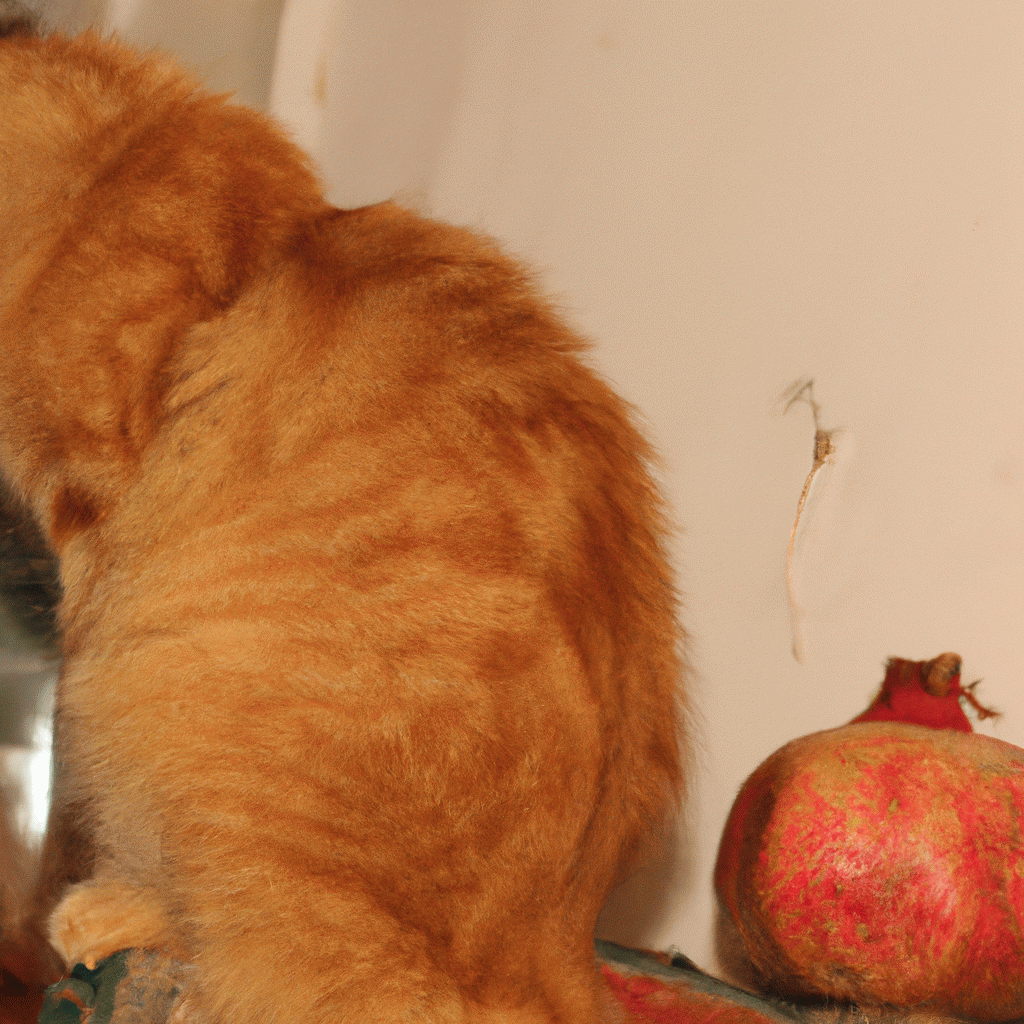
Establishing boundaries
When your neighbor continues to feed your cat despite your concerns, it becomes necessary to establish clear boundaries to protect the well-being of your pet.
Start by kindly but firmly informing your neighbor about your decision to maintain a specific feeding routine for your cat. Explain that consistent feeding helps maintain your cat’s health and prevents any potential dietary issues.
Specify the boundaries regarding your cat’s feeding by clearly outlining the times and amounts of food your cat is supposed to receive. If necessary, provide your neighbor with a written schedule that they can refer to.
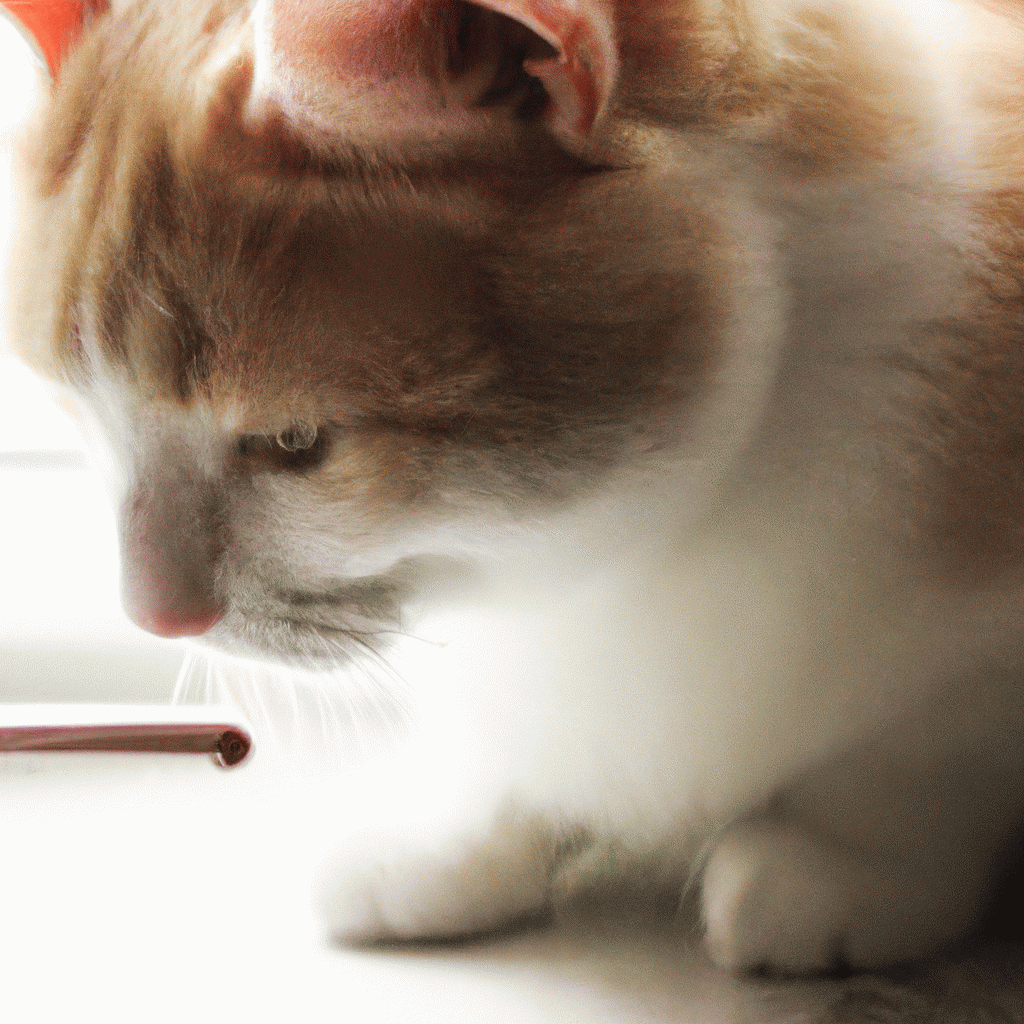
Politely request that your neighbor refrain from feeding your cat and explain the negative consequences that can arise from overfeeding or feeding inappropriate foods.
If your neighbor insists on continuing to feed your cat, consider implementing physical boundaries to limit their access. For example, you can discuss the possibility of installing a cat door or create a designated feeding area that is inaccessible to your neighbor.
Be prepared to enforce these boundaries, but maintain open communication and neighborly relations. Emphasize that establishing boundaries is not meant to create conflict, but rather to ensure the well-being of your cat.
Remember to approach these discussions with respect and empathy, as maintaining positive relationships with your neighbors is important for a harmonious living environment.
Dealing with a situation where your neighbor continues to feed your cat can be challenging, but it is important to approach the issue with understanding, open communication, and a willingness to find a resolution.
In this article, we discussed the importance of understanding the situation and the impact it may have on your cat. We explored the actions of the neighbor and how their feeding can affect your cat’s well-being.
To resolve the issue, we emphasized the need for open communication, where you can express your concerns and listen to your neighbor’s perspective. Establishing clear boundaries regarding your cat’s feeding is also crucial in ensuring their health and avoiding any potential issues.
Remember, the key to resolving this matter is finding a mutually agreeable solution that considers your cat’s needs while maintaining a respectful relationship with your neighbor. Patience, understanding, and compromise will go a long way in finding a resolution that benefits all parties involved.
By following the steps and recommendations outlined in this article, you will be better equipped to address the issue and work towards a positive outcome for both your beloved pet and your relationship with your neighbor.

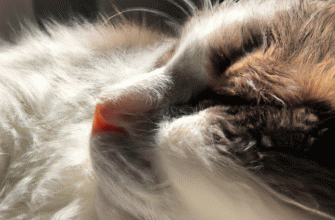
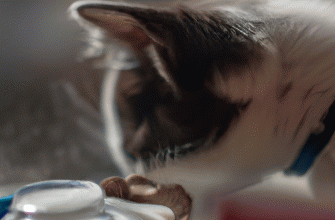
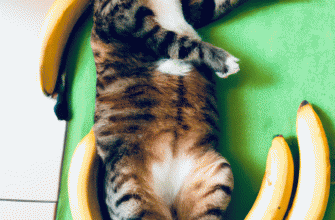
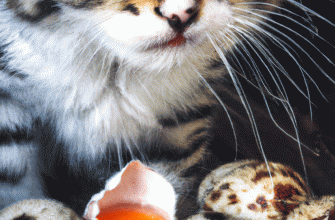
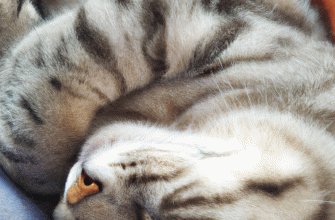
Очень полезная статья! У меня такая же проблема с соседом, который кормит мою кошку. Я уже несколько раз разговаривал с ним об этом, но он продолжает это делать. Я думал, что ничего нельзя сделать, но статья дала мне новые идеи. Например, я понял, что могу предложить соседу купить своей кошке специальную еду, чтобы он не кормил ее обычной пищей. Буду пробовать этот подход и надеюсь, что это поможет решить проблему.
Отличная статья! Я действительно столкнулась с проблемой, когда мой сосед начал кормить мою кошку. Это привело к тому, что она стала регулярно ходить к нему в поисках еды и игнорировать свою миску дома. Я не хотела конфликтовать с соседом, но и мне было неудобно, что моя кошка не получает правильное питание. Статья предлагает ряд полезных советов, как решить эту проблему и сохранить хорошие отношения с соседом. Буду пробовать их!